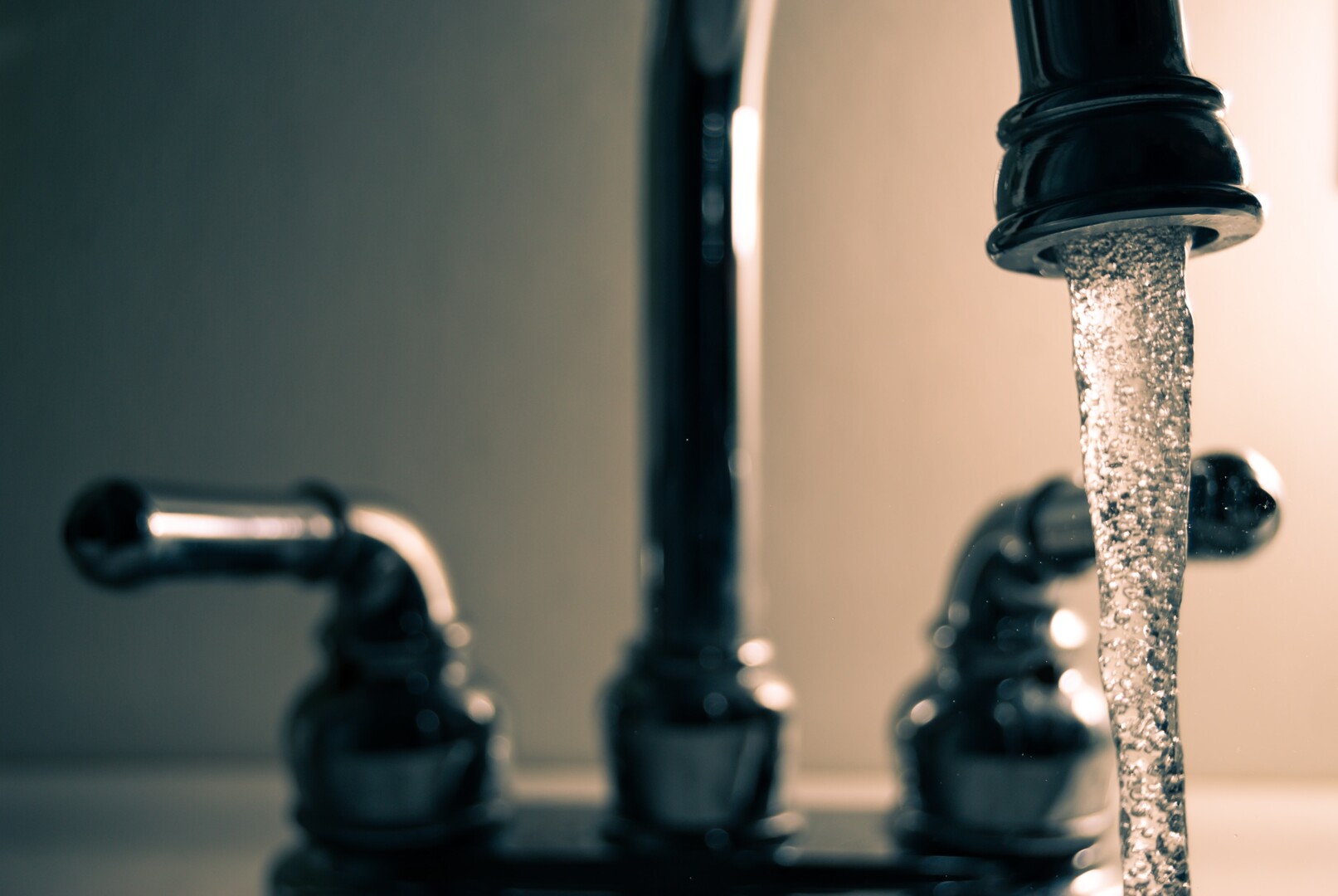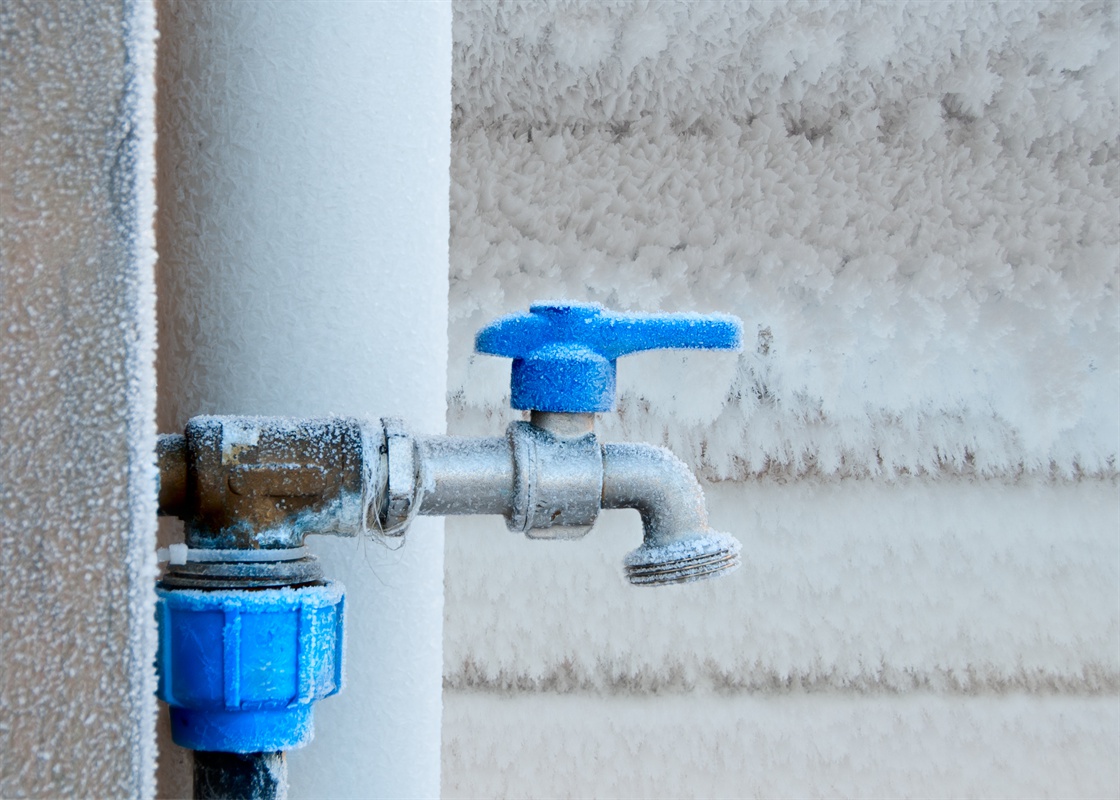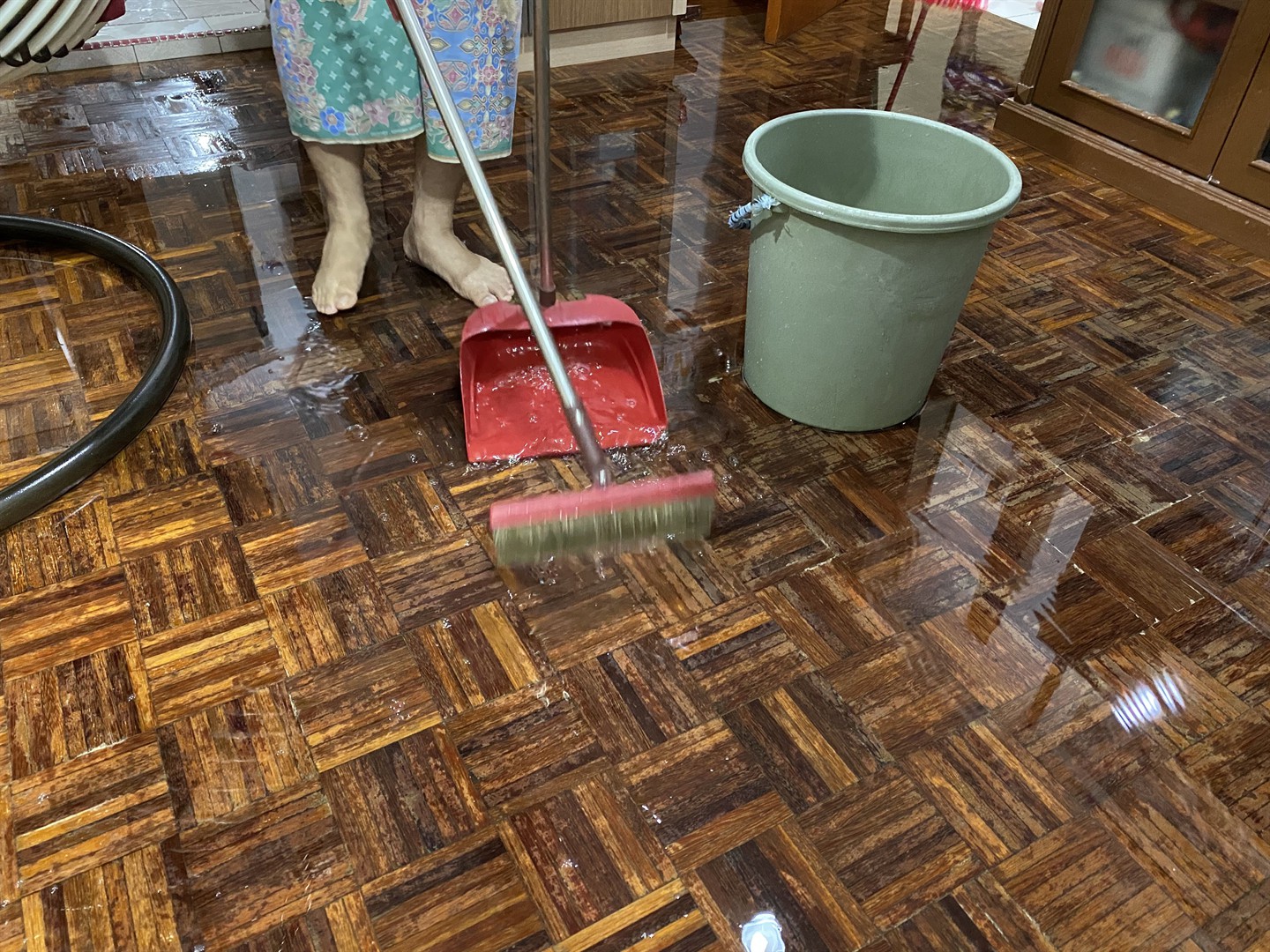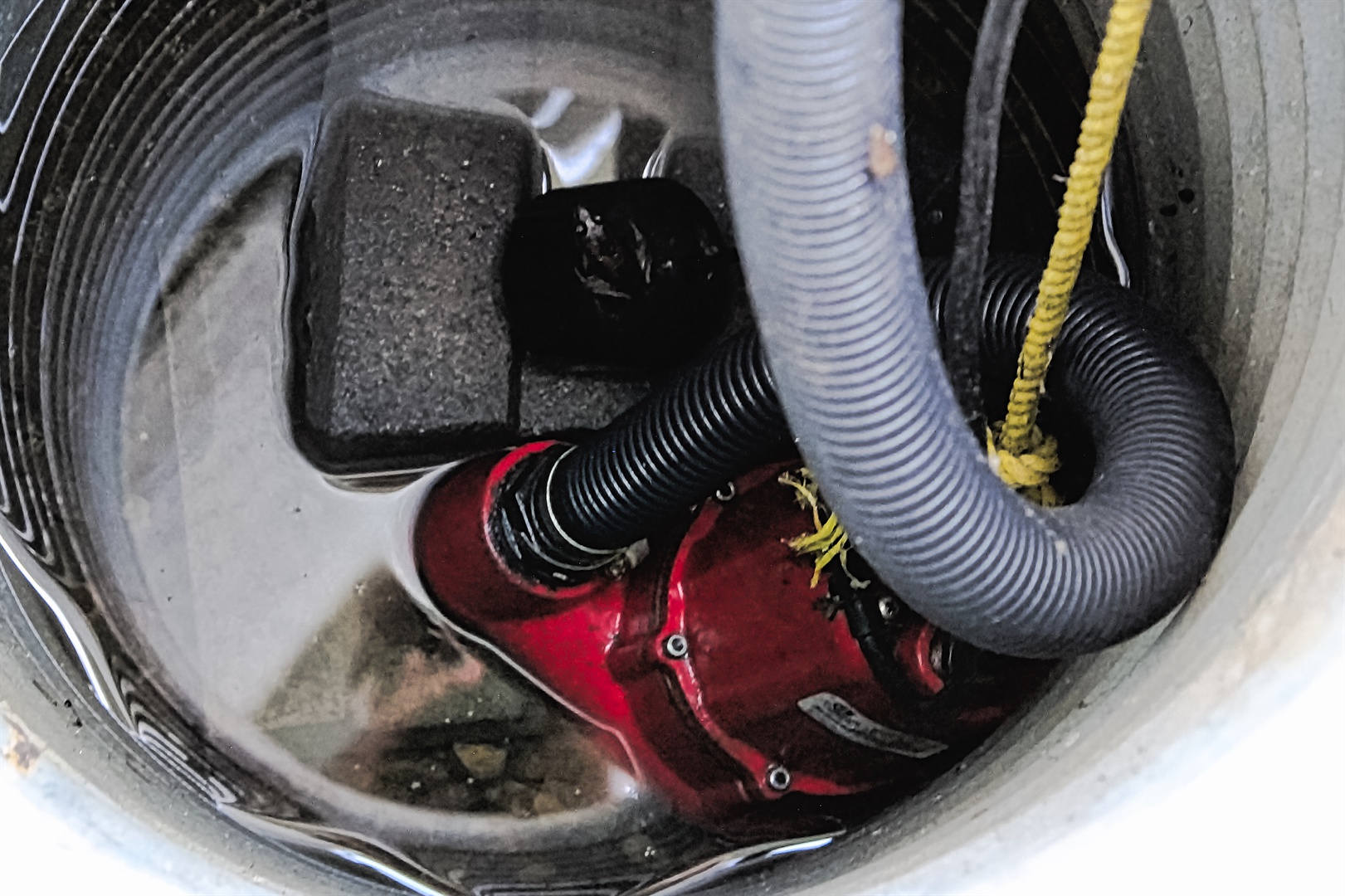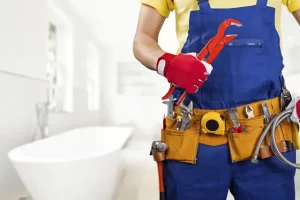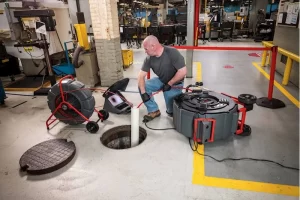Plumbing is a crucial aspect of our daily lives, ensuring that we have access to clean water and functioning sewage systems. As such, it is vital that plumbing professionals take the necessary precautions to ensure their safety and the safety of their clients. Plumbing can be a dangerous job that requires careful attention to detail and strict adherence to safety protocols. In this article, we will explore the various precautions that a professional plumber should take to ensure a safe and successful job.
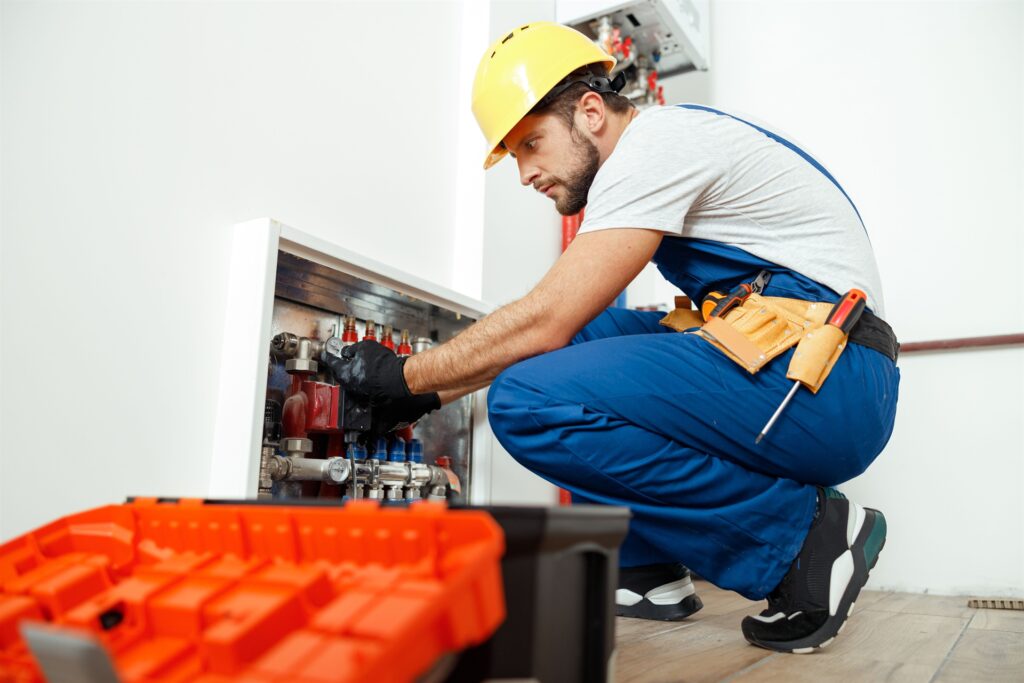
1. Use Proper Safety Gear
The first and most important precaution that a professional plumber should take is to use proper safety gear. Plumbing often involves working with hazardous materials and equipment, such as chemicals, sharp tools, and heavy machinery. As such, plumbers should wear appropriate safety gear to protect themselves from injury. This may include gloves, safety glasses, hard hats, and respiratory protection.
Gloves are essential when working with pipes and plumbing fittings that may have sharp edges or rough surfaces. They can help prevent cuts and abrasions to the hands. Safety glasses protect the eyes from dust, debris, and chemicals. Hard hats are necessary when working in areas where there is a risk of falling objects. Respiratory protection is required when working with chemicals or in confined spaces where there may be a risk of inhaling dangerous gases.
2. Follow Safety Procedures
In addition to wearing proper safety gear, professional plumbers should also follow safety procedures to prevent accidents and injuries. Safety procedures may vary depending on the job and the location, but there are some general guidelines that all plumbers should follow.
Firstly, plumbers should avoid working alone. Having a partner to assist with the job can help prevent accidents and provide assistance in case of an emergency. Secondly, plumbers should always use proper lifting techniques when lifting heavy objects. This can help prevent back injuries and strains. Thirdly, plumbers should post warning signs in hazardous areas to alert others to potential dangers.
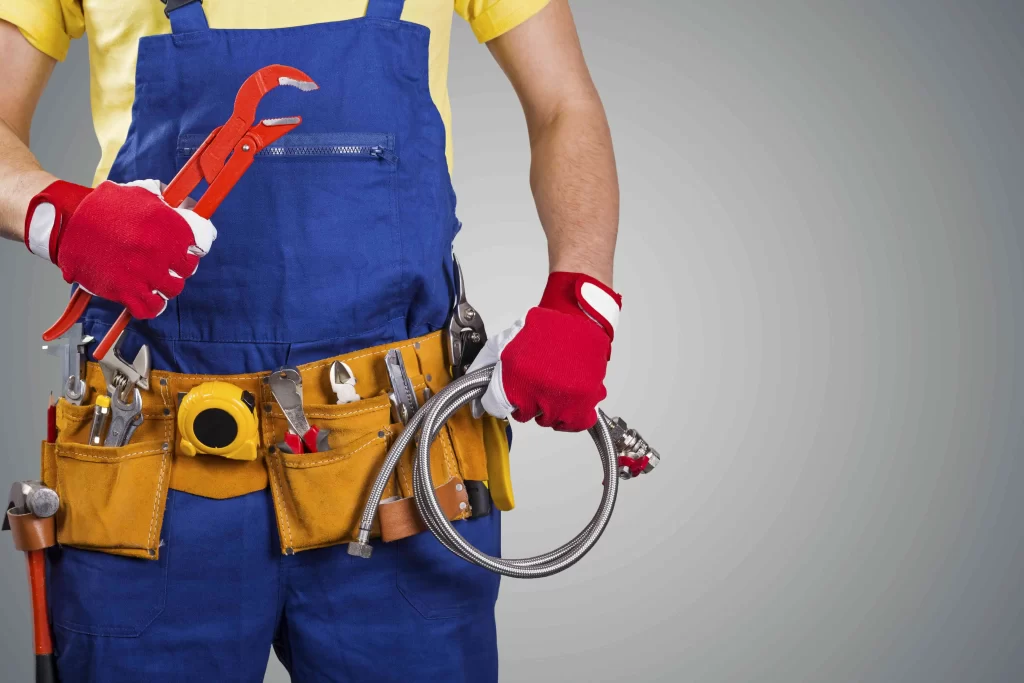
3. Use Proper Tools and Equipment
Using the right tools and equipment is crucial to ensuring a successful plumbing job. Professional plumbers should use high-quality tools and equipment that are appropriate for the job at hand. Using the wrong tools can result in damaged pipes, leaks, or other problems. Additionally, professional plumbers should regularly inspect and maintain their equipment to ensure that it is in good working order.
Examples of tools that professional plumbers use include pipe wrenches, basin wrenches, pliers, hacksaws, and pipe cutters. These tools come in different sizes and are designed for different purposes. For instance, a basin wrench is designed to reach tight spaces under a sink, while a pipe cutter is used to cut pipes cleanly and accurately.
4. Communicate Effectively with Clients
Effective communication with clients is crucial for professional plumbers. Before starting a job, plumbers should explain the scope of the work and any potential risks or challenges. They should also inform clients of any necessary safety precautions, such as shutting off the water supply or evacuating the area. Clear communication can help prevent misunderstandings and ensure that clients are aware of the plumber’s activities.
Communication with clients can also help to build trust and establish a good working relationship. Professional plumbers should be able to explain the work that they are doing in terms that clients can understand. They should also be able to answer any questions that clients may have and provide advice on how to prevent future plumbing issues.
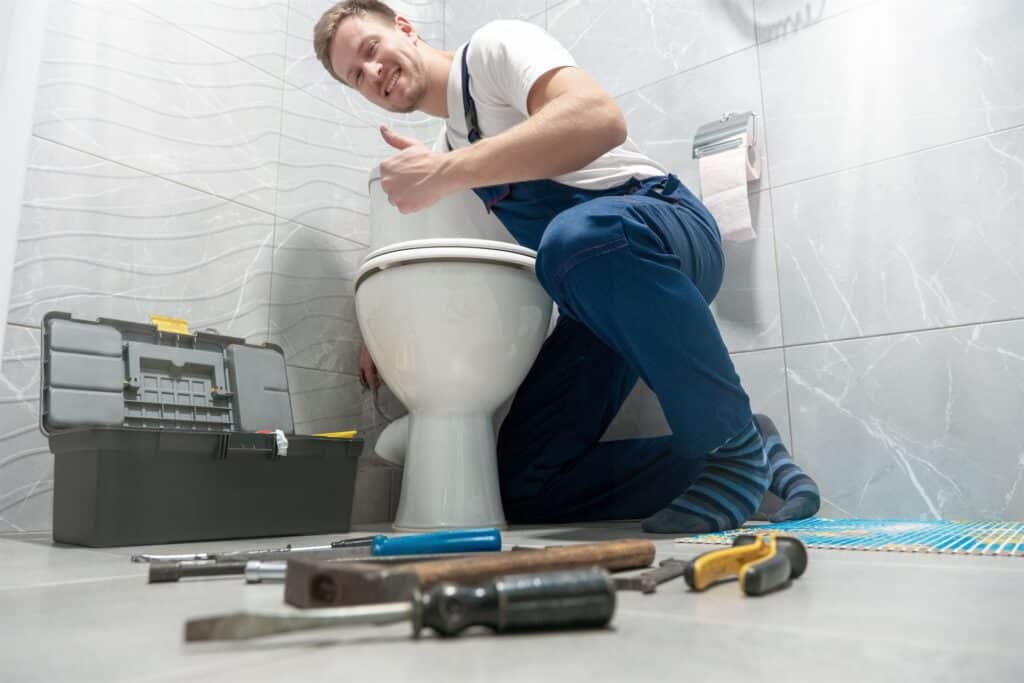
5. Maintain a Clean Work Area
Professional plumbers should always maintain a clean and organized work area. This includes properly disposing of any waste materials, keeping tools and equipment organized, and cleaning up any spills or debris. A clean work area can help prevent accidents and injuries and also demonstrate professionalism to clients.
In addition to maintaining a clean work area, plumbers should also take care to protect their clients’ property and possessions during the job.
This may involve covering furniture and floors to prevent damage from water or debris. Professional plumbers should also take care not to damage walls or other structures when accessing pipes or fittings.
6. Adhere to Building Codes and Regulations
Professional plumbers must adhere to local building codes and regulations when performing plumbing work. These codes and regulations are in place to ensure that plumbing systems are safe and effective. Failure to comply with these codes and regulations can result in fines or other penalties, as well as potential safety hazards for the client.
Plumbers should be knowledgeable about local building codes and regulations and ensure that their work meets these requirements. They should also obtain any necessary permits and inspections before starting work. This can help prevent delays or issues during the job.
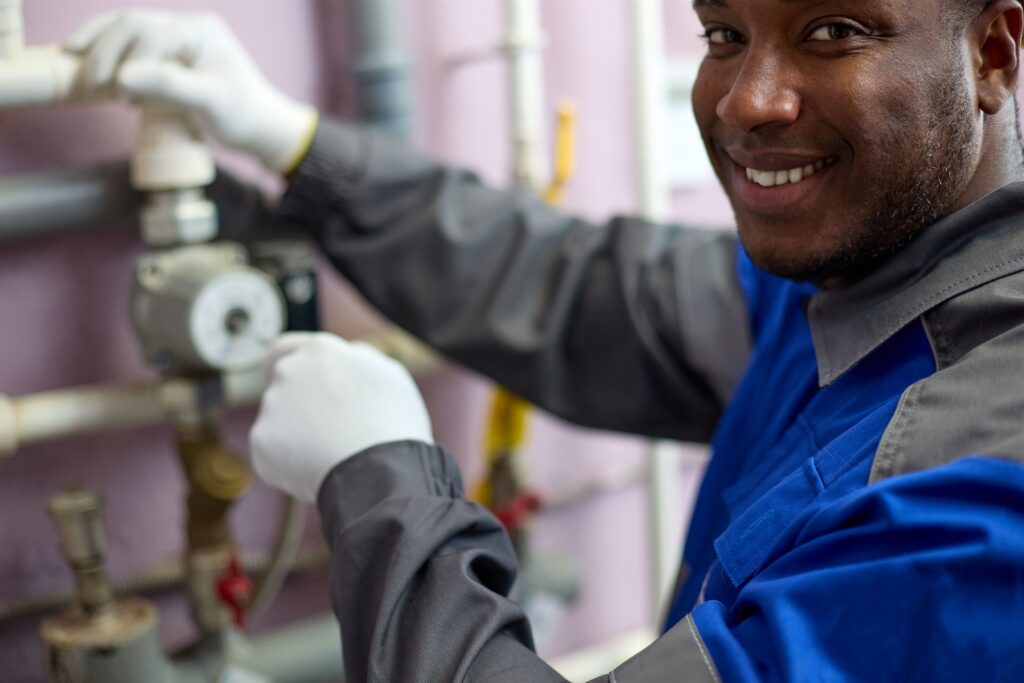
7. Continuously Educate and Improve Skills
Finally, professional plumbers should continuously educate themselves and improve their skills. Plumbing is a constantly evolving field, with new technologies and techniques being developed all the time. By staying up-to-date with the latest trends and developments, plumbers can provide better service to their clients and ensure that their work meets the highest standards.
Continuing education can take many forms, including attending conferences and seminars, taking online courses, or participating in apprenticeships or training programs. Plumbers should also seek feedback from clients to identify areas where they can improve their skills or services.
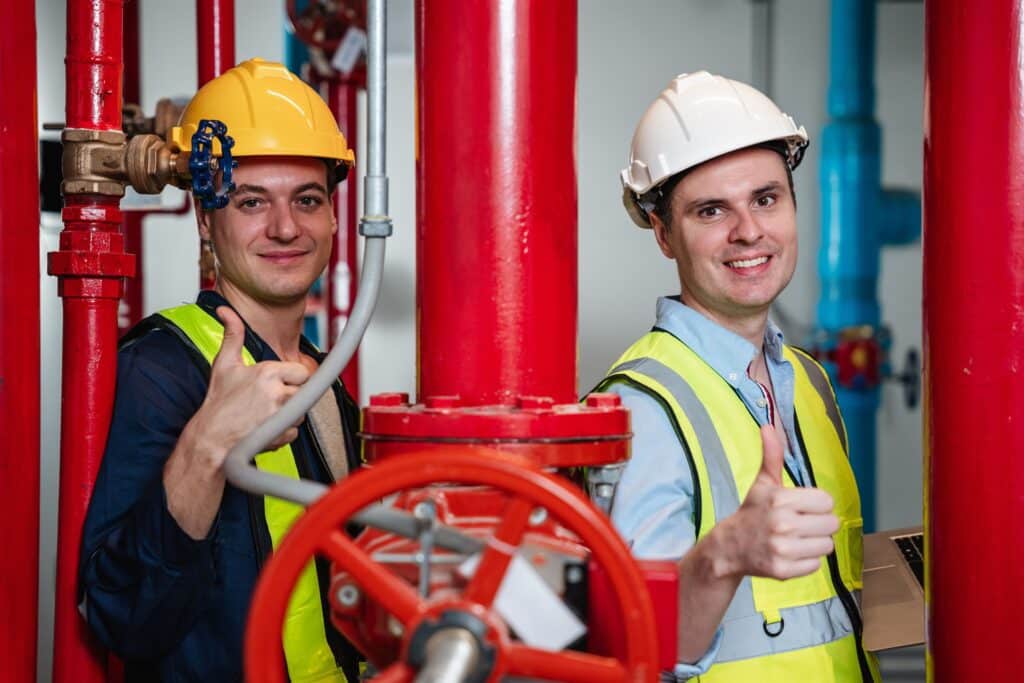
Conclusion
In conclusion, plumbing is a critical aspect of our daily lives, and professional plumbers must take the necessary precautions to ensure their safety and the safety of their clients. This includes using proper safety gear, following safety procedures, using proper tools and equipment, communicating effectively with clients, maintaining a clean work area, adhering to building codes and regulations, and continuously improving their skills.
By taking these precautions, professional plumbers can provide high-quality service to their clients while minimizing the risk of accidents and injuries. As clients, it is important to choose a plumbing professional who prioritizes safety and follows these precautions to ensure that your plumbing needs are met safely and effectively.



